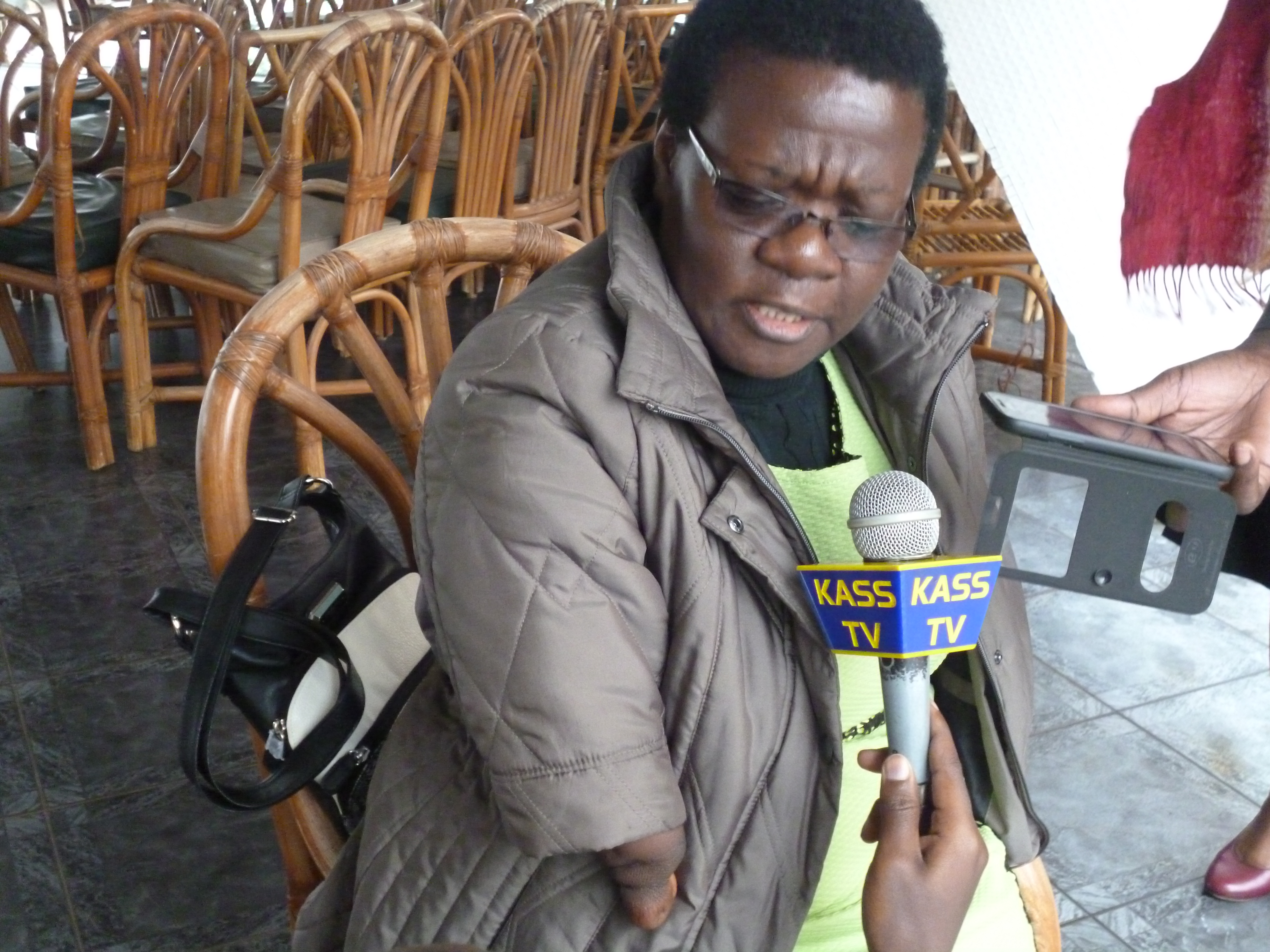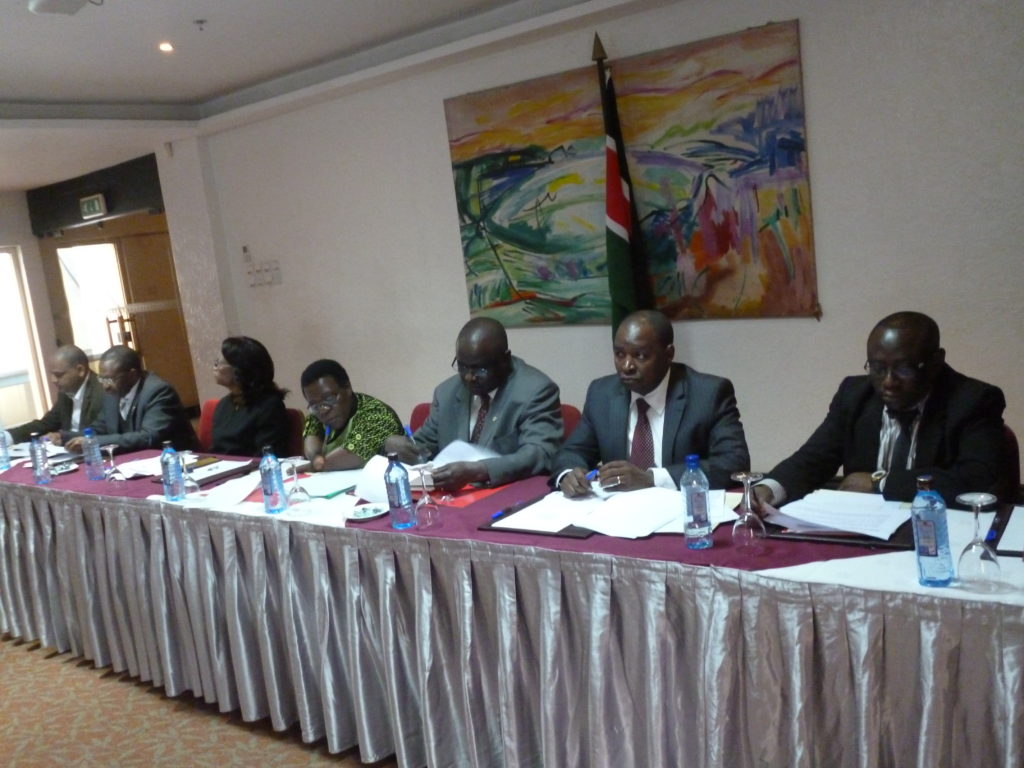By Mary Mwendwa
Despite a vibrant economy and enviable legal framework, the quality of life of older persons in Kenya still remain inadequate; they suffer neglect from family, exclusion from decision-making, in national and sector development plans, policies and strategies increasing their vulnerability and marginalization.
Against this background, the Ministry of East Africa Community, Labour and Social Protection spearheads a High Level National Dialogue Forum in Nairobi on Thursday, the 23rd June 2015 to seek visible commitments by all State agencies and partners to advance older persons well being and quality of life even as the country begins to localize Sustainable Development Goals (SDGs) that were adopted by the UN member States in September 2015, Agenda 2063 and the recently adopted AU Protocol on the Rights of Older People.
“The lack of or inadequate inclusion of older people and their rights in national development processes and their minimal recognition as agents of change and expert informants will form the basis of the high level meeting,” said Maitha Kenyatta Country Director, HelpAge International, Kenya.
Maitha said people continue to assume that older persons are economically irrelevant and vulnerable people who only need help. The breaking of family unit systems and shifting lifestyles has further aggravated the sad situation of older persons in the country.
According to Josepheta Mukobe, PS Special Programmes, People living with disability and especially the elder face many challenges.”For example during disasters and emergencies they suffer a lot.”We need to have specific interventions that would target the elderly during such incidents .All levels of government need to be involved in this kind of work to see the elderly are safe and comfortable.”

Josepheta further noted the ongoing cash transfers to the elderly which has reached over 350, 000 people in the last years as an intervention.”We need to expand this scope to reach more elderly who are in need.”
Older people continue to experience economic and social hardships with the majority unable to get access to basic services and markets despite taking care of their orphaned grandchildren thanks to HIV and AIDS and migration of their children to urban areas in search of jobs. They have to endure long queues to access attention at healthcare facilities where treatment is not guaranteed, thanks to lack of gerontologists.
The Sustainable Development Goals have in very significant way recognized and mainstreamed older persons and ageing issues centrality. With the SDGs framework, 15 of the 17 Goals and their targets directly or by implication mention older persons. This, with principles promoted in the key frameworks such as ‘leave no one behind’, universality and people centred approach, means that States must do their best to ensure that older people are visible in their plans, policies, strategies and programmes as they work towards achieving the SDGs.
At the Forum, the discussion will also highlight national priorities for financing, localising and implementing older persons’ commitments as stipulated in the SDGs framework and Protocol for the Rights of Older Persons seek government’s support and commitment in strengthening the national statistical capacity and other concerned departments so as to remove age caps and age brackets to ensure national development plans and sector plans are fully inclusive of all ages to reflect realities of older populations.
Participants will seek a sustained government’s leadership and political will to profile older person in sustainable development especially in national statistics capacity, national and country budgets, national and sector plans and related policies to be fully inclusive of people of all ages. In 2007, the persons aged 60 and over represented 11% of the world’s population and it is projected that by 2050, their number will rise to 21% (United Nations Department for Economic and Social Affairs (UNDESA 2007).
The population of older persons aged 60 or more in Africa is, however, growing faster than in any other region in the world. In Kenya, the number of older persons (60+ years) has risen dramatically, from the modest number of 270,000 in a population of 5.4 million in 1949 to 1.4 million in a population of 28.7 million in 1999.
According to the 2009 Kenya Population Housing Census results, the population of older persons was 1,926,051 with males being 897,607 while women are 1,028,444. In 2014, this figure has steadily risen to reach 2,044,078 that is. 958,308 for males and 1,085,770 for females. Likewise, the population of older persons is projected to reach 3 million by 2030 and 8 million by 2050.















